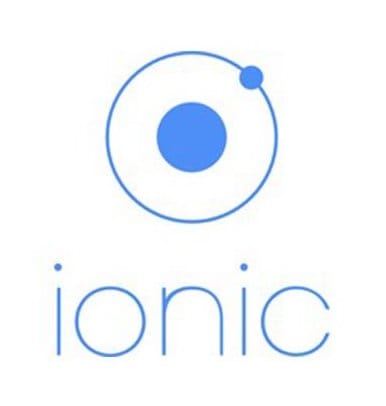How To Install Ionic Framework on Fedora 38

In this tutorial, we will show you how to install Ionic Framework on Fedora 38. The Ionic Framework has been a game-changer in the world of cross-platform app development. By using web technologies such as HTML, CSS, and JavaScript, developers can create robust and feature-rich mobile applications that run seamlessly on both Android and iOS devices.
This article assumes you have at least basic knowledge of Linux, know how to use the shell, and most importantly, you host your site on your own VPS. The installation is quite simple and assumes you are running in the root account, if not you may need to add ‘sudo‘ to the commands to get root privileges. I will show you the step-by-step installation of the Ionic Framework on a Fedora 38.
Prerequisites
- A server running one of the following operating systems: Fedora 38.
- It’s recommended that you use a fresh OS install to prevent any potential issues.
- SSH access to the server (or just open Terminal if you’re on a desktop).
- An active internet connection. You’ll need an internet connection to download the necessary packages and dependencies for Ionic Framework.
- A
non-root sudo useror access to theroot user. We recommend acting as anon-root sudo user, however, as you can harm your system if you’re not careful when acting as the root.
Install Ionic Framework on Fedora 38
Step 1. Before we can install the Ionic Framework on Fedora 38, it’s important to ensure that our system is up-to-date with the latest packages. This will ensure that we have access to the latest features and bug fixes and that we can install Ionic without any issues:
sudo dnf clean all sudo dnf update
Step 2. Installing Node.js and npm
Node.js and npm are fundamental for Ionic development. To install them, run the following commands:
sudo dnf install https://rpm.nodesource.com/pub_20.x/nodistro/repo/nodesource-release-nodistro-1.noarch.rpm sudo dnf install nsolid
You can verify the installation by checking the Node.js and npm versions:
node --version npm --version
Step 3. Installing Cordova.
Cordova is an essential component in the Ionic framework, allowing you to package your web application as a native mobile app. Let’s install Cordova globally on your Fedora system:
sudo npm install -g cordova
To ensure Cordova was installed successfully, run:
cordova -v
Step 4. Installing Ionic Framework on Fedora 38.
Once you have Node.js installed, you can install the Ionic CLI (Command Line Interface) globally on your system. The Ionic CLI is a powerful tool that allows you to create, build, and test Ionic applications. To install the Ionic CLI, run the following command:
sudo npm install -g @ionic/cli
Make sure that the installation is successful by running:
ionic --version
Step 5. Creating a New Ionic Project.
Use the Ionic CLI to generate a new project:
ionic start your-project-name blank
Replace your-project-name with your chosen project name and blank with your selected template.
Move to the newly created project directory:
cd your-project-name
Ionic allows you to develop cross-platform apps, so it’s essential to add the platforms you intend to target:
ionic cordova platform add android #Android ionic cordova platform add ios #iOS Apple
Now that you’ve set up your project and added the necessary platforms, it’s time to build your Ionic app:
ionic cordova build android #Android ionic cordova build ios #iOS Apple
Testing your app is a crucial part of the development process. You can run your Ionic app on an emulator or a physical device:
ionic cordova emulate android #Android ionic cordova emulate ios #iOS Apple
To test your app on a physical Android device, use:
ionic cordova run android #Android ionic cordova run ios #iOS Apple